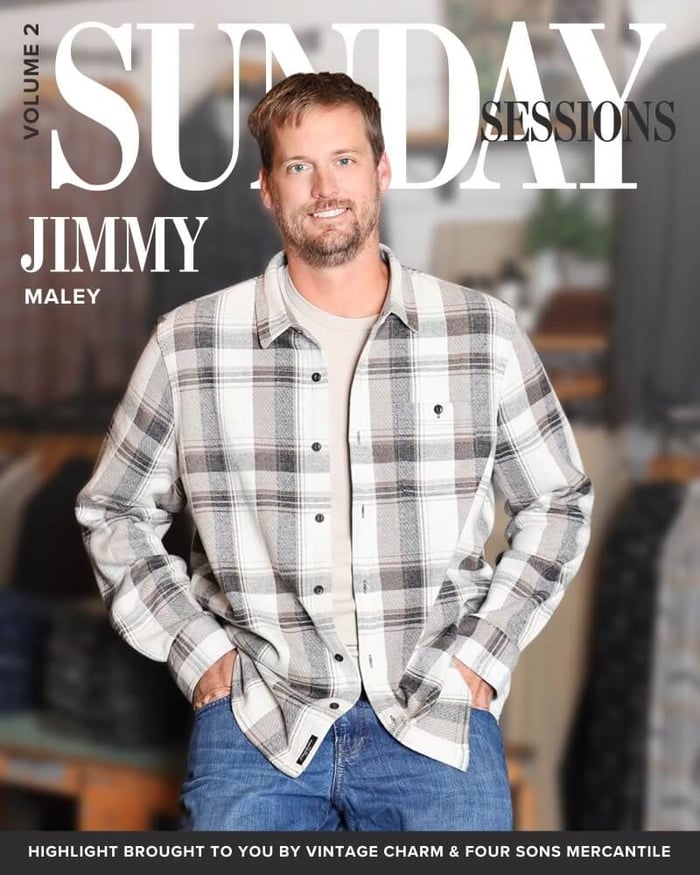I’ve dealt with bouts of severe depression from the time I was 17 years old. There’s a very good chance that I’m not here and ableto tell my story if it weren’t for the two most important women in my life: my late mother Pat Maley (nee Carraher) and Katie Maley (nee Jaskierski). About 8 years ago, my life took a dramatic turn that has set me on a completely different path. At that time, I was the head boy’s basketball coach at St. Laurence High School and my depression had become unmanageable. Ultimately, I had to take a brief leave of absence from the school and from coaching. I was fortunate enough to work with a great school president, principal, and athletic director that were extremely supportive. Luckily, that wasn’t the issue.
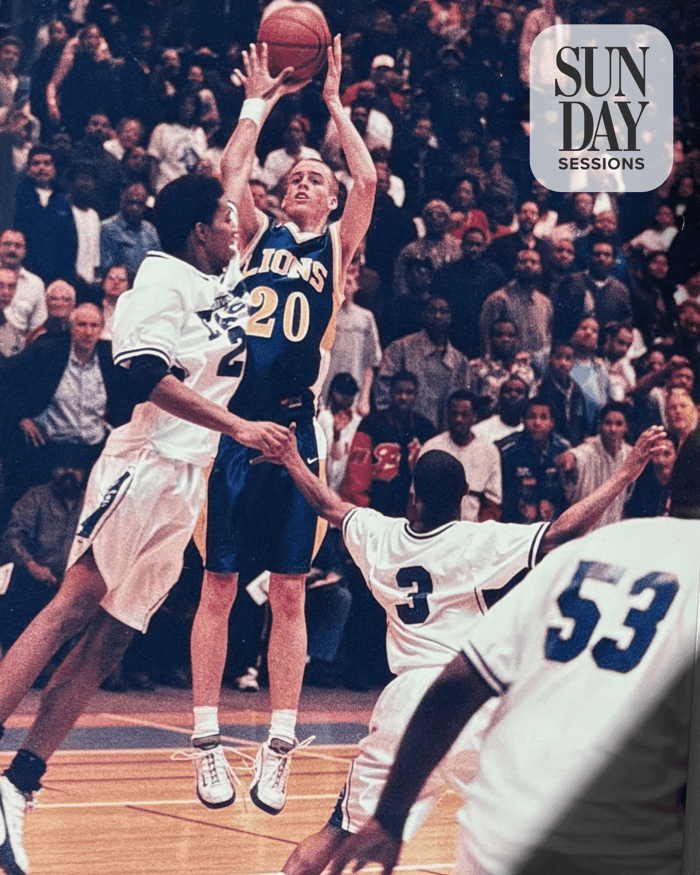
The issue for me became, what was I going to say to my teamwhen I returned to coaching after taking care of myself? These were tough, hard-nosed kids from the south-side of Chicago, what were they going to think of me? The initial thought was to lie and say that I had mono or another physical illness. It was my mom, who had dealt with depression in her own past, that pulled me aside and said “Jimmy, there is going to be someone in that locker room that hears your story and gets help because of what you tell them. You can not lie.” As always, she was right. I went into our St Laurence locker room and emotionally told my story to our team. Sure enough, about a month later, I got a knock on my office door and it was one of my players. He didn’t even need to speak. I could see the all too familiar look in his eyes and tell that he was in bad shape. We spoke for a long time and came up with a plan to get him the help that he needed. He was able to get back to normal quickly. 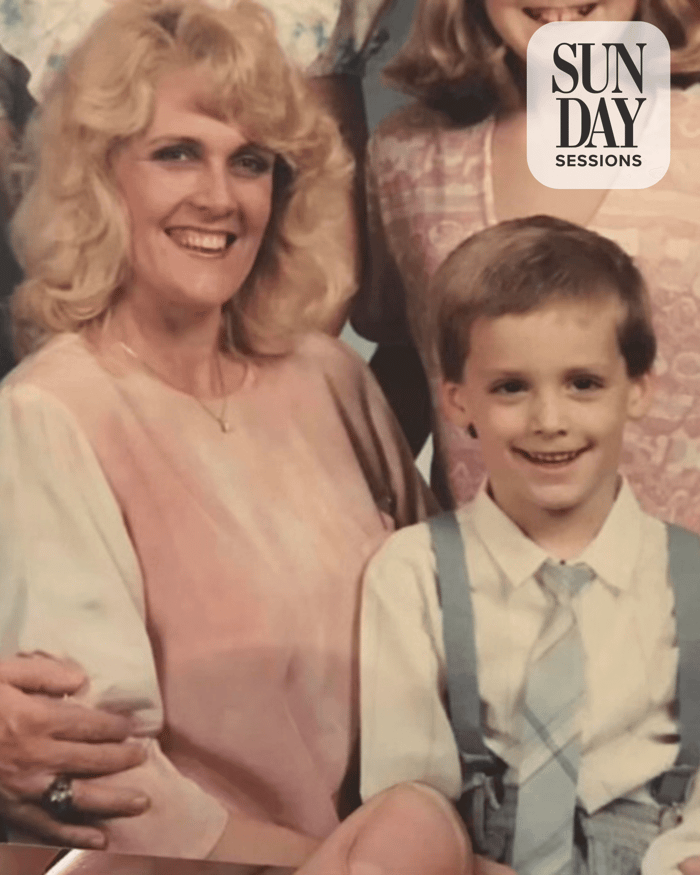
In my second year at my new school (Conant), knowing how impactful sharing my story with that St. Laurence player was, Itook a major risk as a non-tenured teacher. After seeing a student in my class who was clearly depressed, I asked to meet with my principal. I decided to let the cat out of the bag and shared my struggles with depression with my boss. She was both incredibly receptive and supportive. I then told her that I thought I could help students out with their issues by sharing my story when I saw them struggling. She thought it was a great idea and only had one request. Could I walk them down to their administrative team afterwards so they could speak with a school social worker or counselor? It was a deal.
It continued like that for a year where I’d sporadically tried tohelp individual students in my classes. That was until my life was flipped upside down on October 17, 2018 when my mother died of a heart attack at 65 years old. I undertook the task of writing and delivering the eulogy at her funeral. I wanted to share all the great memories of her, but I also wanted to make a commitment to carry on her legacy as a teacher, helper, and advocate for erasing the stigma around mental health. In the last part of the eulogy, I shared publicly for the first time my struggles with depression, and how my mother helped me through it and encouraged me to help others, particularly my students. It was very well received and it made me realize that I could reach people on a larger scale.
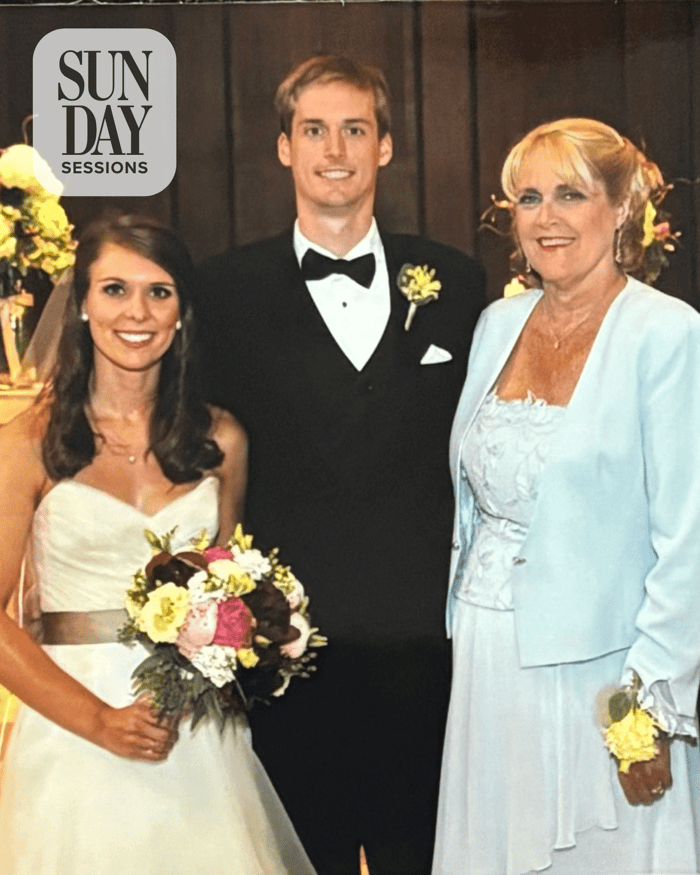
A couple of years later, the student services department at our school asked if they could speak to the Junior and Senior Physical Education classes each period in the auditorium about Depression and Suicide Awareness. I approached my department chair and asked him if he thought they’d let me share my thoughts. He jumped at the opportunity and went to speak with our principal and the student services department. Initially, since it is a sensitive subject, there was some skepticism about what I was going to say and how I was going to say it. He told them “I was at his mother’s funeral where he delivered the eulogy. Just trust me on this.”
I spoke for thirty minutes first period, sharing my story, starting as high school senior who was heavily recruited to play basketball and had the opportunity to go to any Ivy League school in the country (Truth be told: I was Ivy League Basketball Player Smart, not Ivy League Smart). I shared how a severe concussion my senior year and subsequently playing the next day, sent me into my first bout with depression. I then went to different points in my life, including going from scoring 15 points in my first start for Northwestern at Kansas State to a couple months later sitting in my dorm room wishing that I would tear both of my ACLs so I’d never have to play basketball again. I told them how not taking care of my mental health caused me to quit the sport I loved. I spoke about how I struggled for many years until, with my parents and wife’s urging, I finally decided to get help. I told them how it was the best decision that I ever made and despite there having been many bumps in the road afterwards, I always had hope that things could get better. I closed the presentation with the reason why I was sharing all this personal information. I said, “You might be thinking to yourself, so what’s the point? The point is that there are many people in this room dealing with depression, have dealt with it, or will deal with it in the future. Even more importantly EVERYONE in this room will have someone in their lives that struggles with depression. It’s important to recognize the signs and either get help yourself or encourage one of your loved ones to get help. If I had someone speak to me like this when I was your age, I’m probably not up here right now. I’m probably chilling on the beach in the south of Franceafter a 9am practice, about to wrap up a long professional career in Europe. Please go get help. There are social workers, psychologists, counselors, and trusted adults at the school thatwill get you headed in the right direction, but you have to take the first step or be the one to encourage a friend to take that first step.”
I could tell by lack of phones being out, eyes locked on me, and the fact that you could hear a pin drop for 30 minutes meant that I had reached them. I could see the look in many students eyes and saw some brought to tears. It had resonated. It carried on a life of it’s own after that as I went on to speak the next sevenperiods. I now speak every two years at Conant (to avoid students hearing it two years in a row) and even spoke at my dreaded rival Hinsdale Central awhile back. The feedback has been amazing. I’ve received letters and email from students. I’ve met with individual students for entire planning periods because they want to talk to someone that knows what it is like. I tell people now that this is what I was meant to do. Hitting buzzer beating shots or winning big games pales in comparison to helping a person get through their mental health challenge, especially when it has become a life or death situation.
Back to the women in my life. My mom started me on this journey, but without my wife, I’d probably not be here to help the students that I’ve been fortunate enough to work with. We talk about depression awareness in schools to not only help those going through it, but for the people around those who are struggling. When you are in a deep state of depression, you often are not thinking rationally and can’t really grasp what is going on. You need people in your life who can see the signsand symptoms. I have been extremely lucky to have a wife that is a quick learner, and despite being dealt a tough hand with a husband who suffers from mental illness, she has helped me in more ways than she’ll ever know. She is also someone that is extremely compassionate (Voted friendliest female student at Lyons Township in 2002) and loyal. She was thrown in to the fire with this thing, with no prior family history of mental illness, and yet she has been my rock since we were in high school. When I’ve struggled, she has carried a huge burden as both a sounding board and having to be the one to pick up the slack around the house and with our four kids when I wasn’t well. She has never complained or been anything but supportive. A weaker women might have given up on me, but she never did. I’m going public with this issue not only for people like me, but also to encourage people in Katie’s situation to never give up on their loved ones that are struggling.
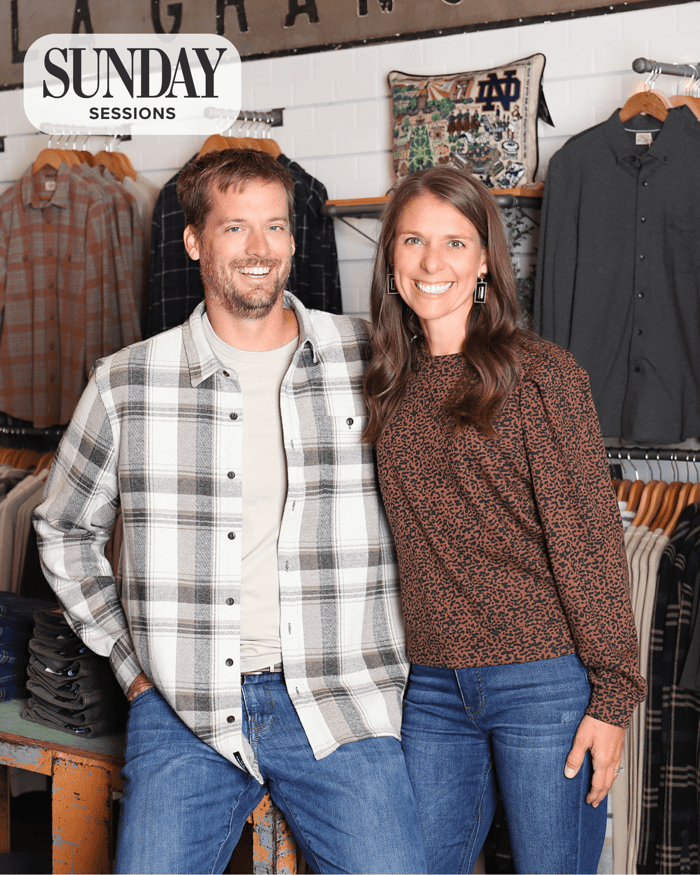
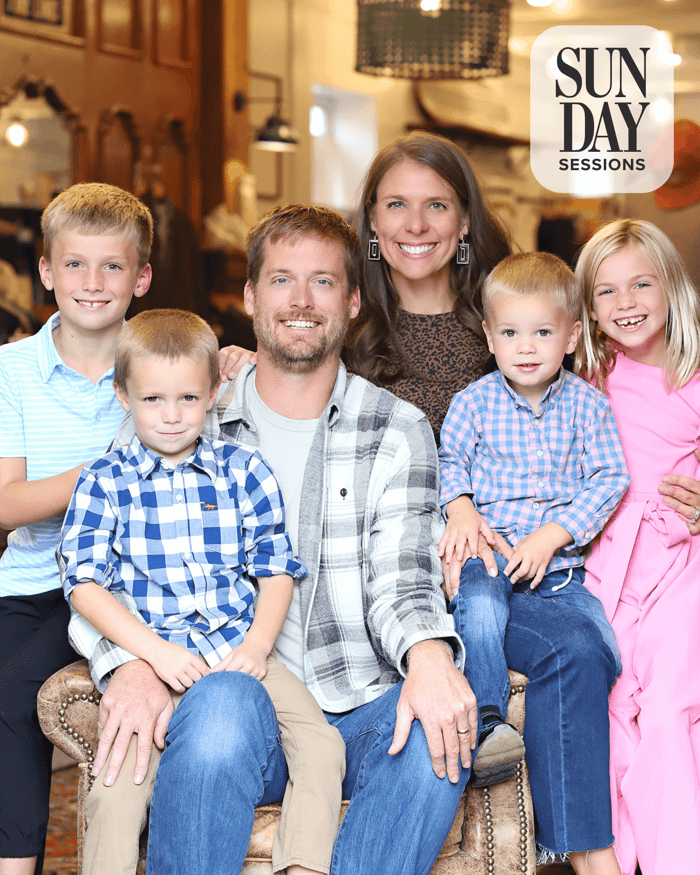
I will continue to try to honor the pledge that I made to my mother by speaking out and trying to help erase the stigma around mental health. About a month ago, I saw that one of my colleagues, Aaron Essex, who is a great teacher and coach (and just a really good dude) posted on Facebook about how he was running a marathon to raise money for a program called Erika’s Lighthouse which we teach in our health classes at school during the month of September. It is a program designed to raise awareness around depression and suicide prevention. Since I would NEVER dream of running a marathon, but I strongly believe in the cause, I decided to attach myself to it. I started posting videos on Instagram and Facebook of my speech from Hinsdale Central High School with a link to his fundraising page. While I knew the speech had an impact on kids, I was amazed at how many grown men and women reached out to me thanking me for sharing due to their personal struggles or the struggles of family and friends. It made me realize that I might be able to commit even further to the pledge to my mother andexpand my audience beyond just my own family, students, and friends.
As much as I may try, I’ll never be able to reach all the people that need it but a program like Erika’s Lighthouse could. If you would like to donate, please go to the following link and support my colleague Aaron Essex as he runs the marathon for this noble cause:https://secure.qgiv.com/event/2024teamresilience/account/1637026/ (https://secure.qgiv.com/event/2024teamresilience/account/1637026/).
In the end, I alone will not break the stigma that exists around mental health. When I speak to individuals or groups, I ask them to do me one favor after they get help and get better. Please share your story when you see someone else struggling. You could change a life or better yet, you might save one. To quote the eulogy from my mother, “each time I speak or share my story, I think back to my mom saying Trust me Jimmy, it will get better. Thirty years from now when I, that St. Laurence Player, Conant student, one of my family members, or anyone reading this right now who this hitting home with, get a knock on their respective office doors and see that all too familiar look in someone’s eyes, I know my mom will be smiling down in heaven,
knowing that her legacy of helping others is about to live on.”


